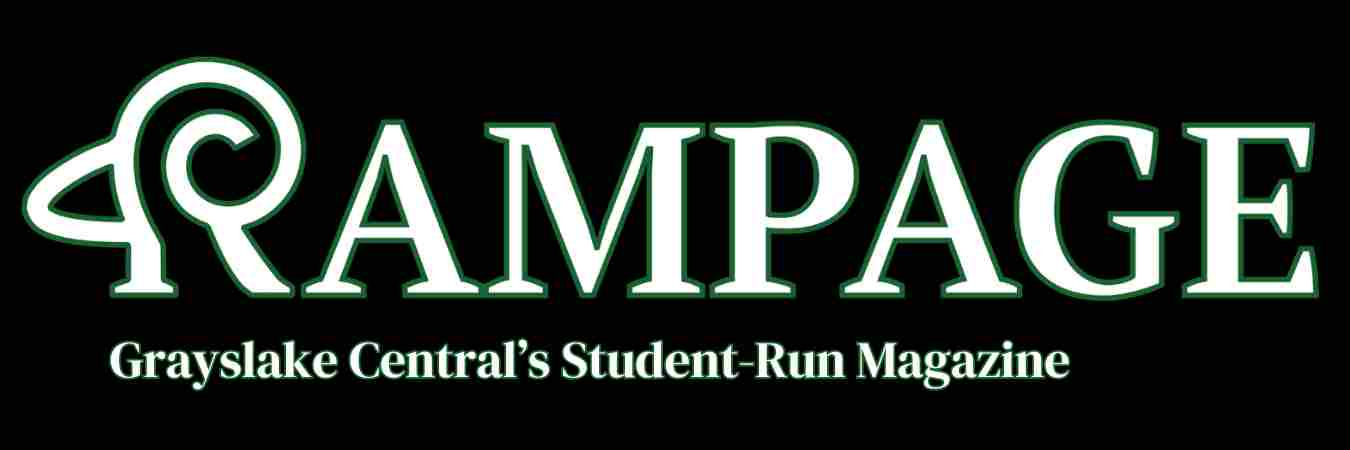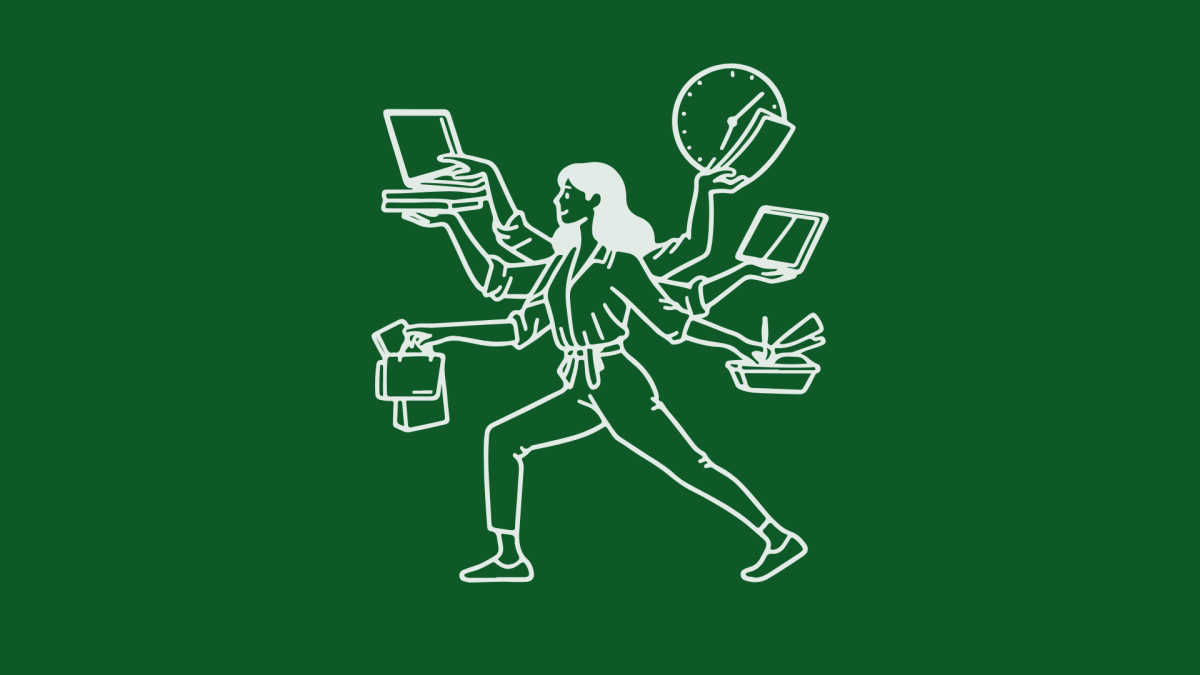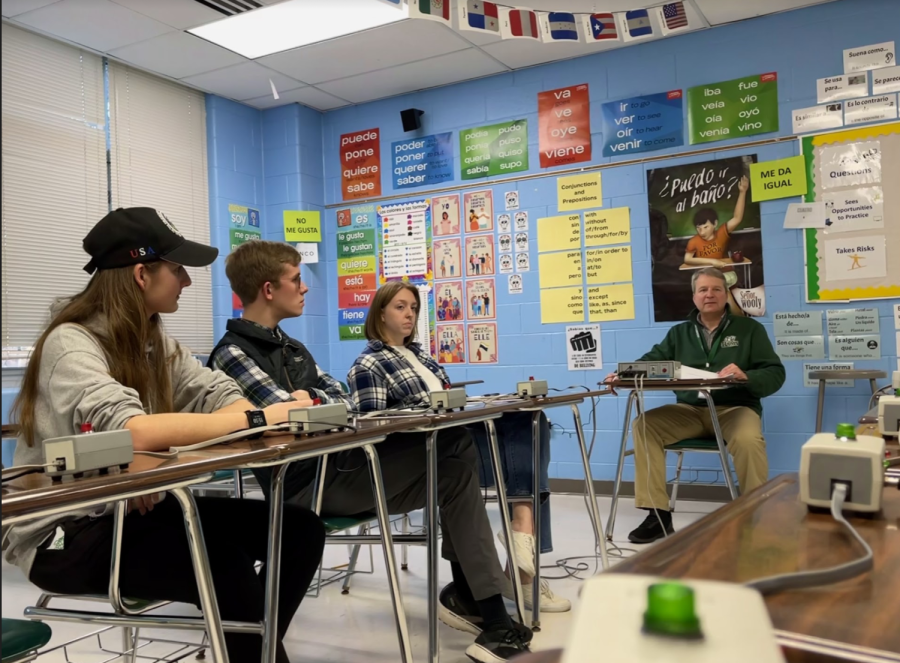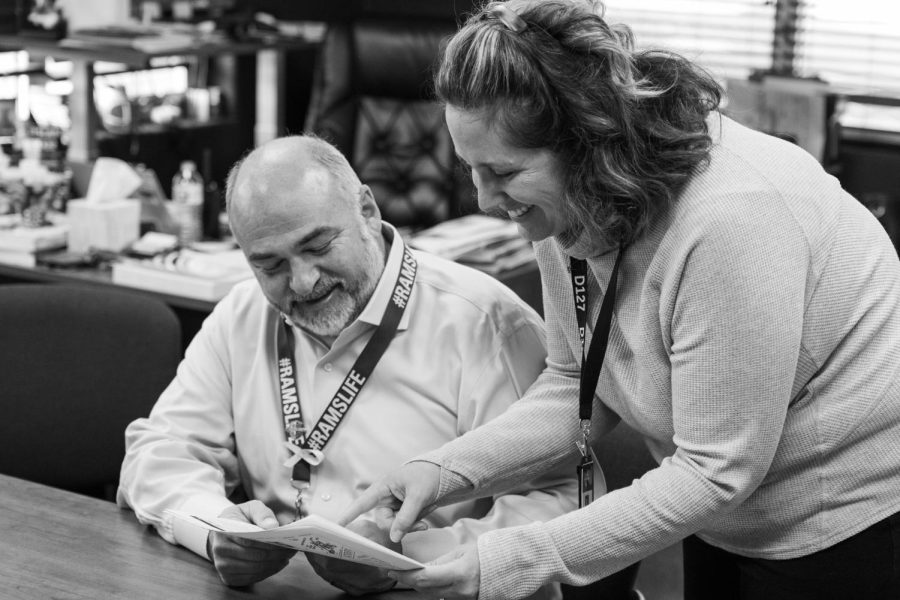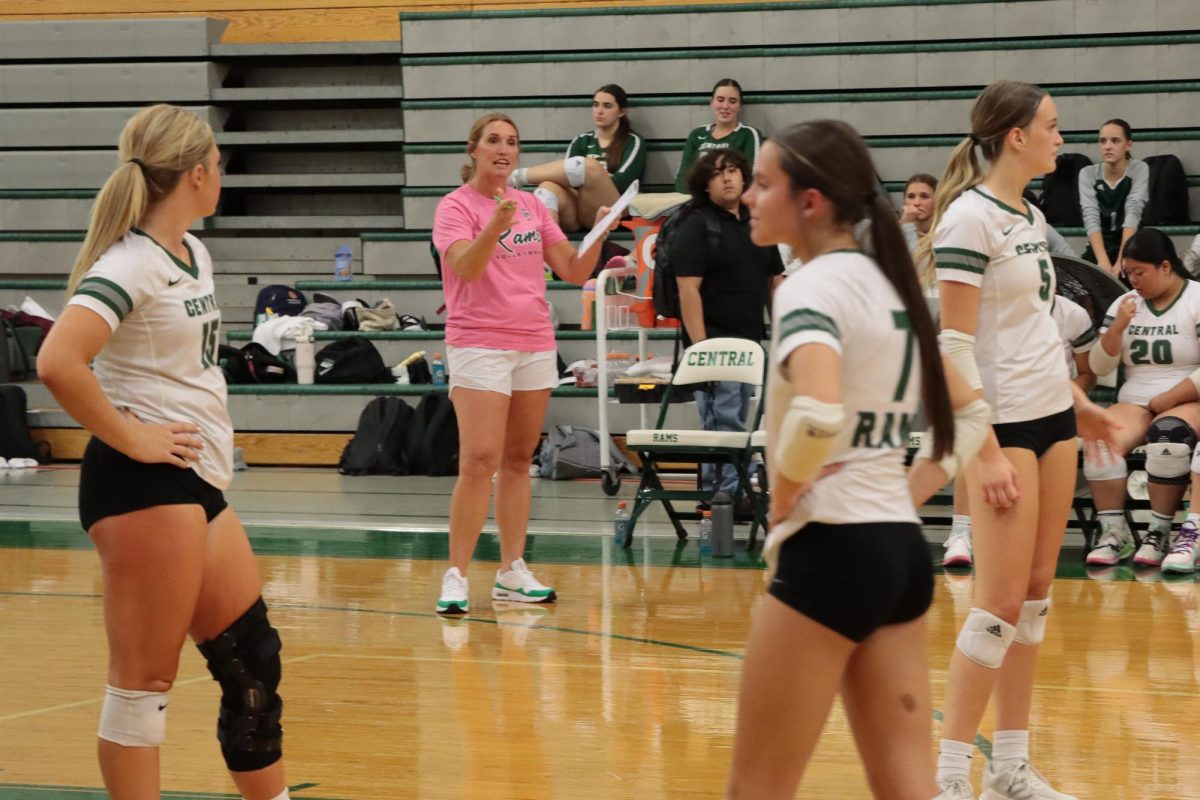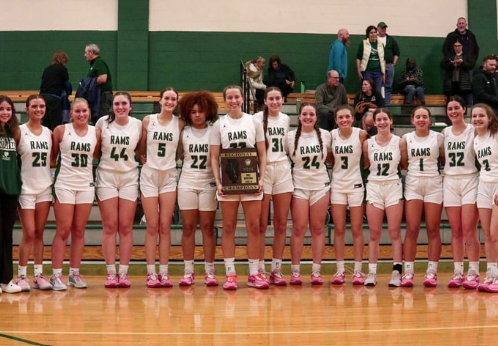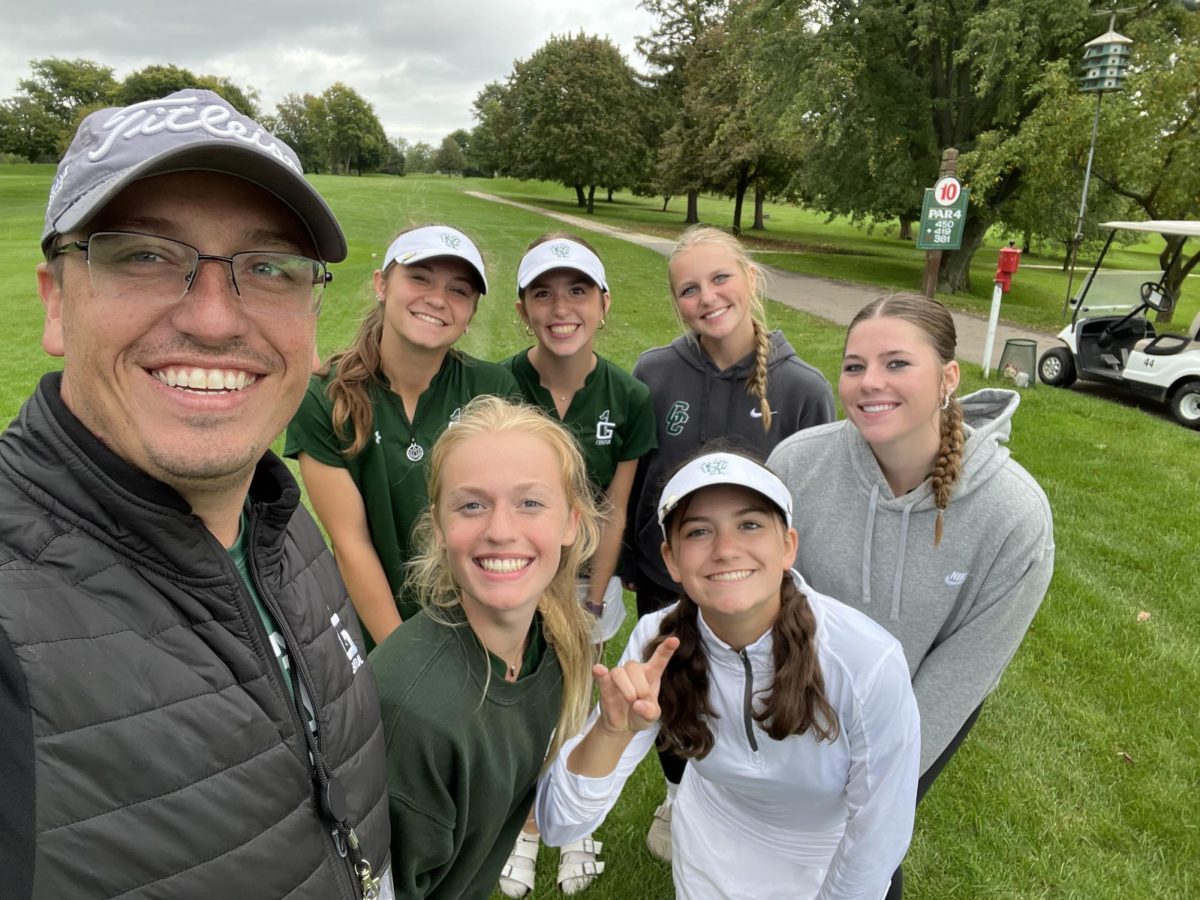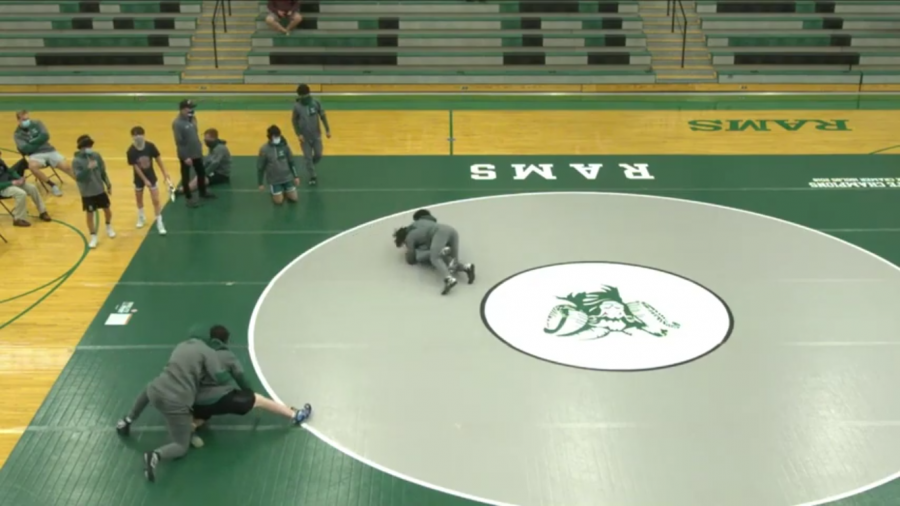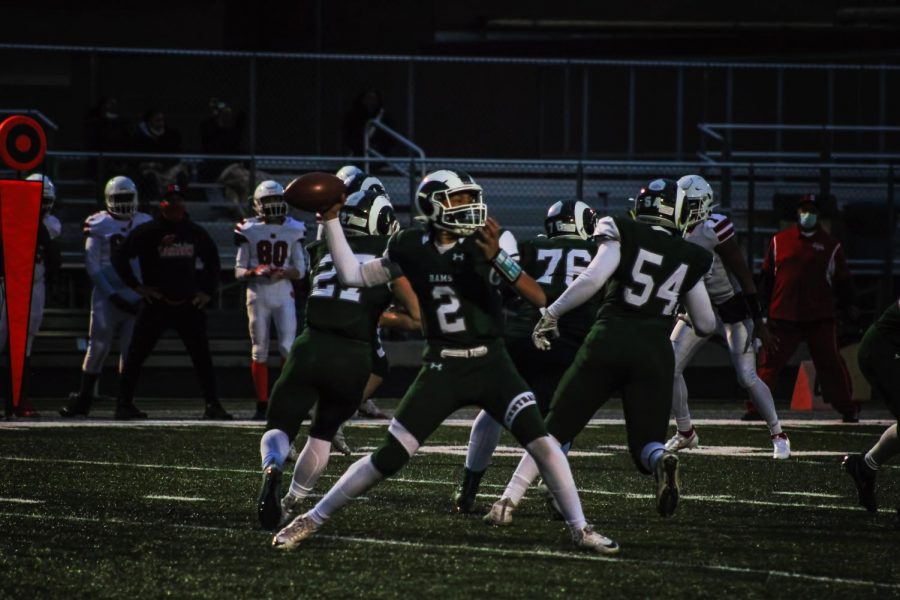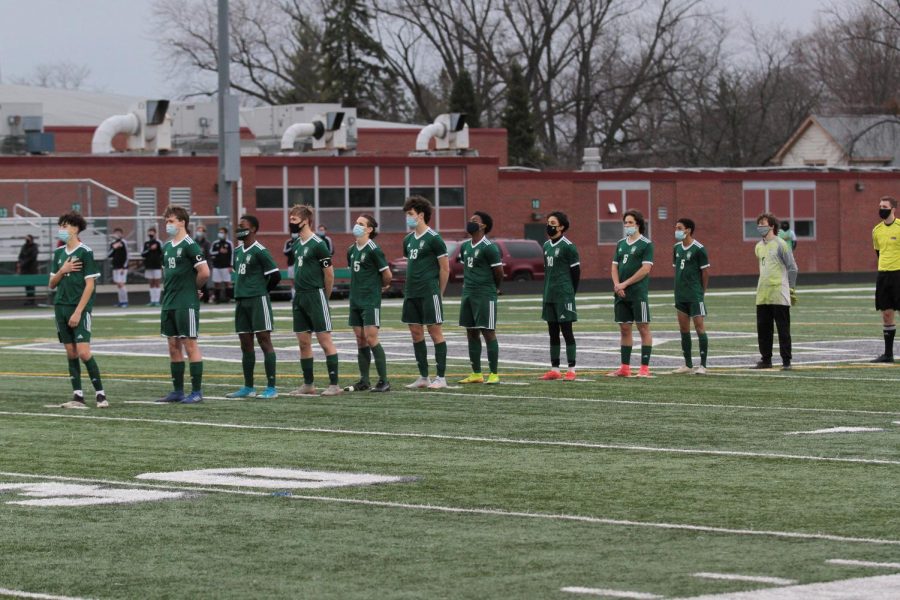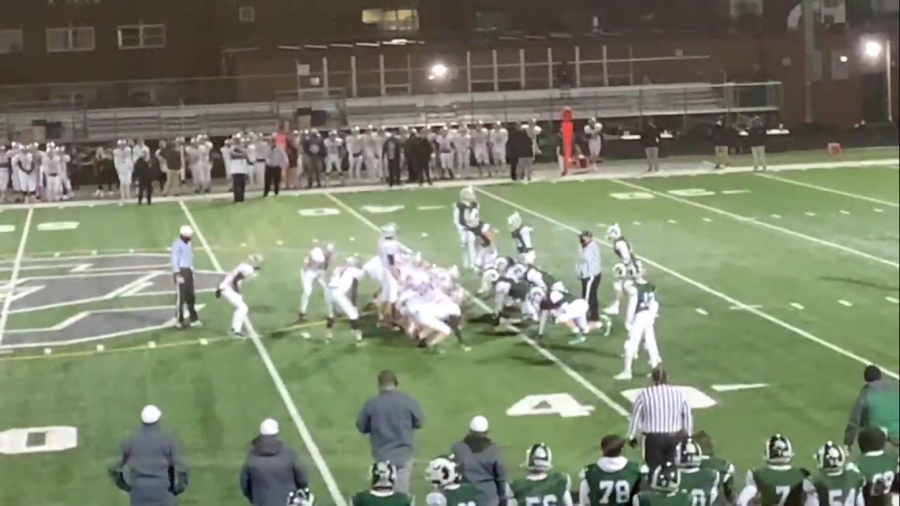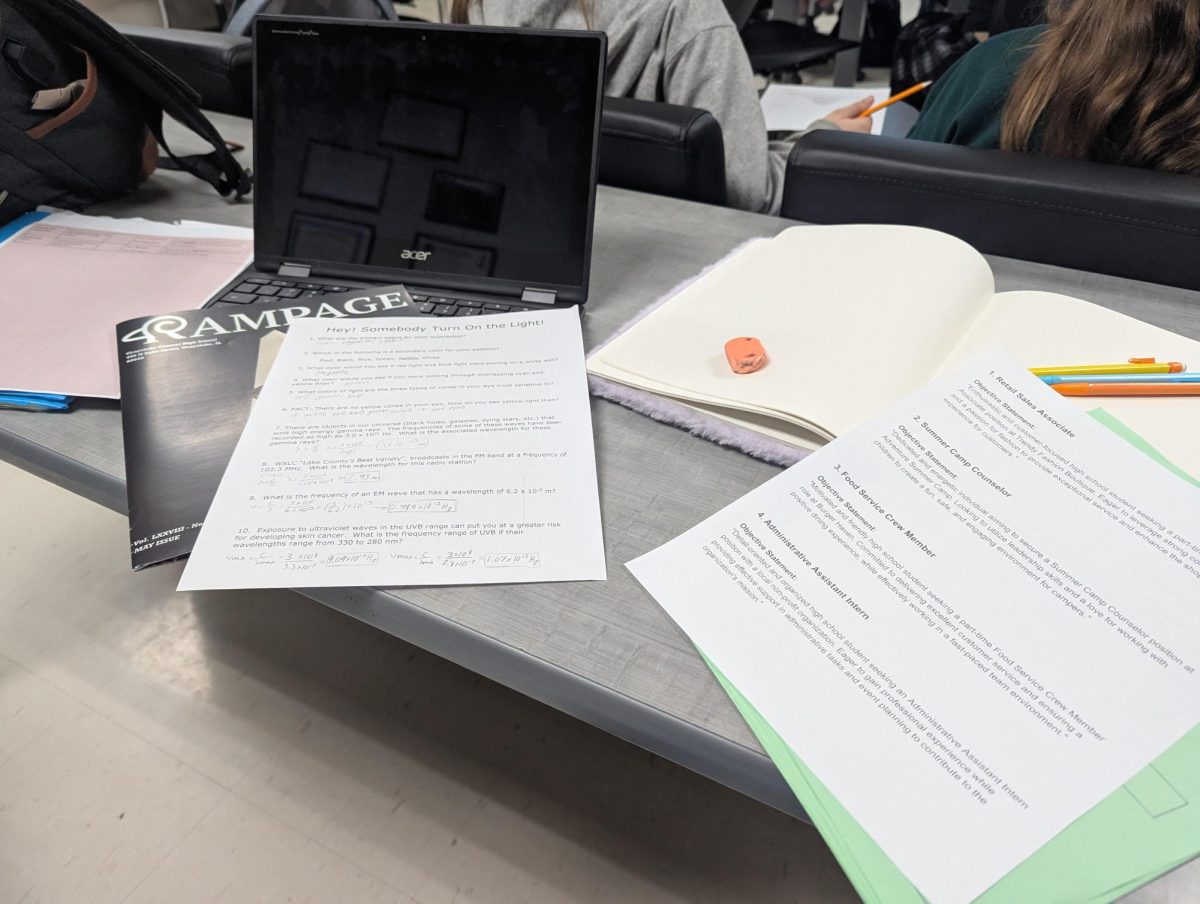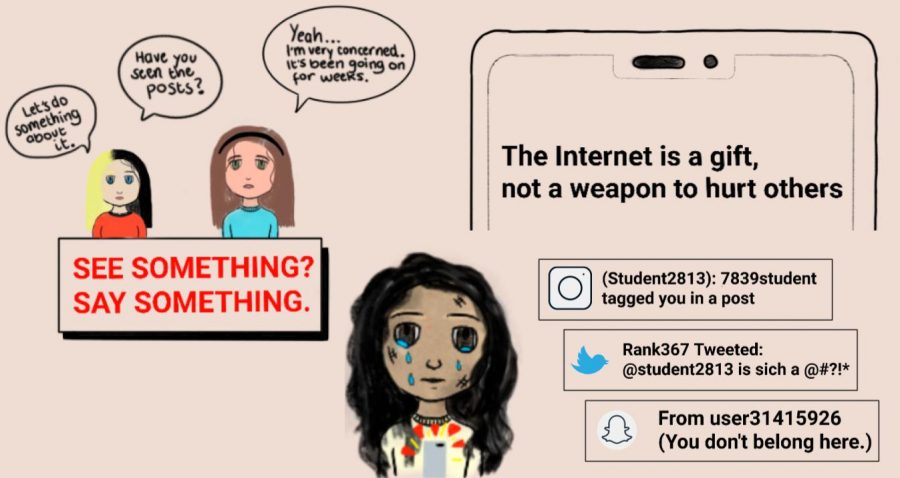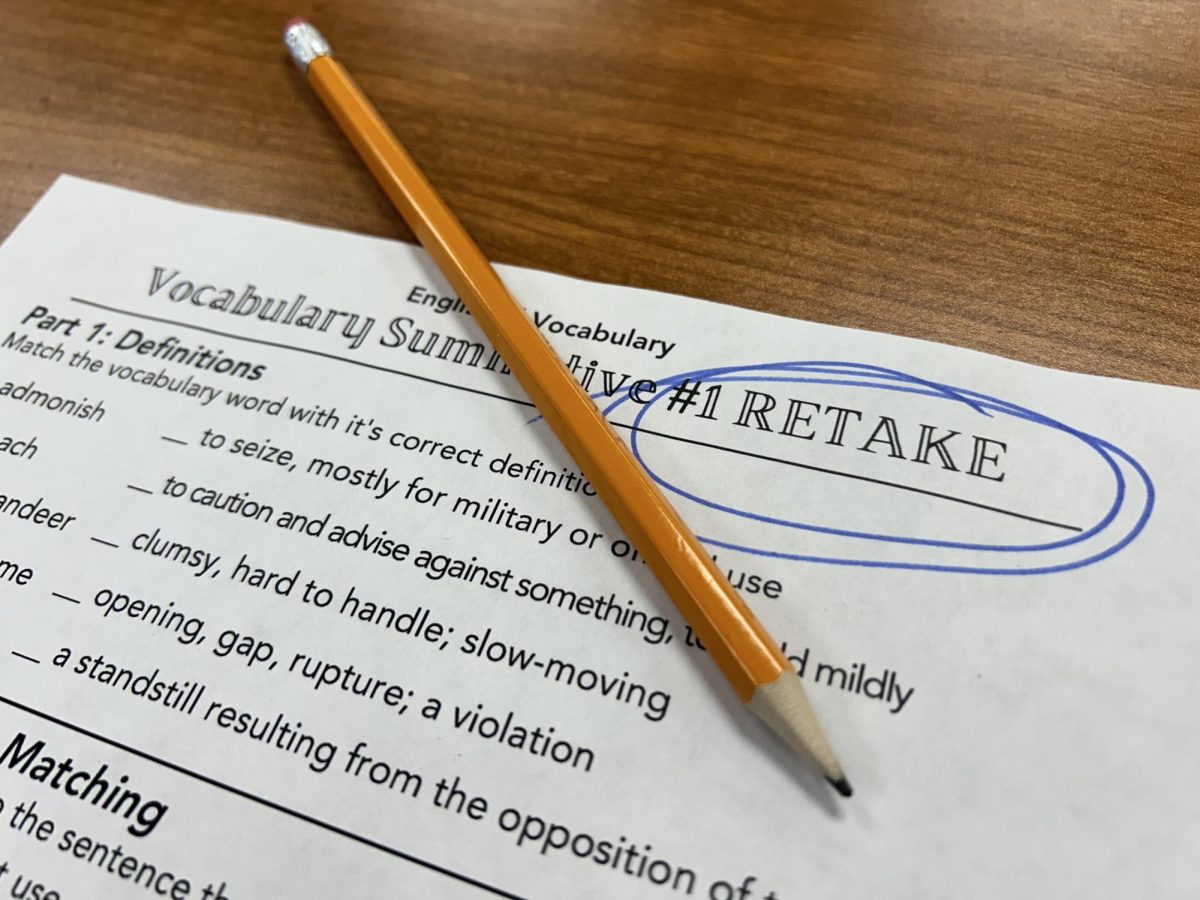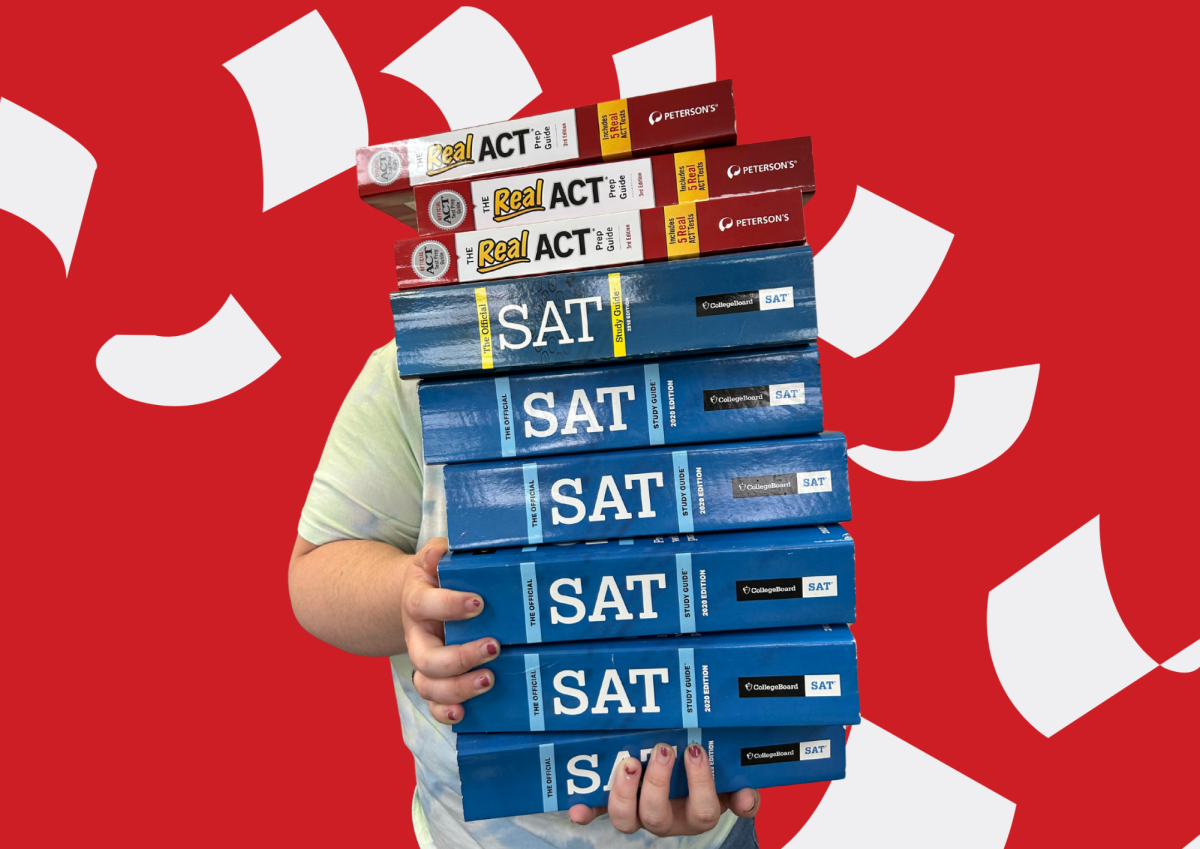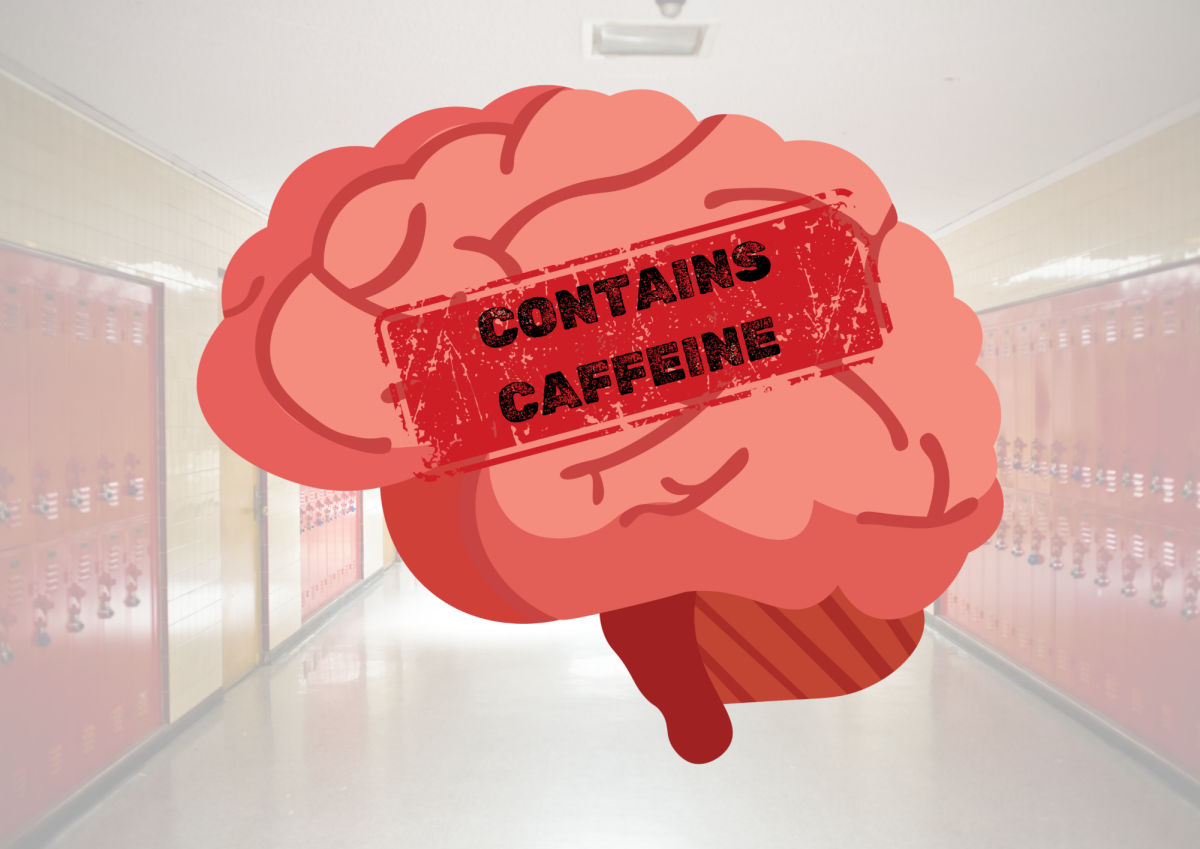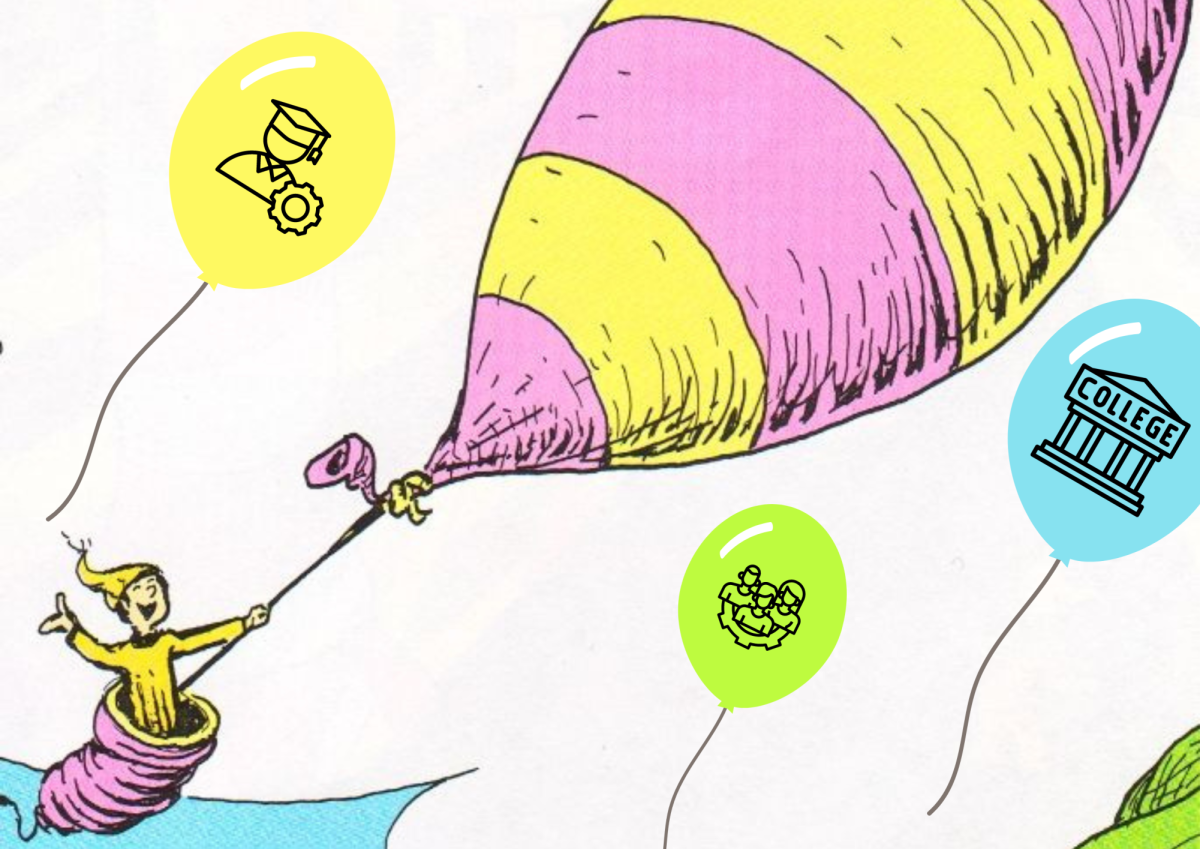Test corrections or retakes are a trend in education that has become more popular in recent years. They are an indication that the school system has changed drastically over the years from a system that seemed to value high states performance over improvement.
Test retakes can help students learn from their mistakes and give them a reward for rethinking their errors. In addition to the academic improvement, this practice could also help the mental state of
students.
Retakes are popular both with students and teachers at Grayslake Central. Test corrections benefit students because they better understand the material, and encourage learning rather than just give up if they do bad on the first test. When they allow retakes, teachers often replace the previous grade and record the improved grade.
Teachers also like corrections because they see progress in their students. When asked if she gives full credit back on corrected tests, Jazmyne Garcia, a math teacher at Grayslake Central High School, said she does because it is a strong incentive for students to learn the material. “They’re putting in the work to read and learn material. They can go and retake tests, so that way they are earning better grades or learning more material,” Garcia explained. “So giving them full credit on their retake, that’s kind of a boost in mentality for them that they’re like, ‘Okay, if I go back and reflect on what I did wrong, I change it. I’m able to like do better for myself.”
Melissa Thurlwell, the Grayslake Central English department chair, agrees. “My belief is that learning doesn’t have to stop at a given moment or a specific period of time,” Thurlwell said. Sometimes it is thought that students should be expected to know everything by the time of the test, but students might need extra time or a “wake up call” that they need to be more prepared.
“So, if a student sits for a summative assessment, and it doesn’t go well, but with a little extra help from a teacher can show mastery on a skill in two weeks,“ think that that matters and I want that learning to count in the gradebook,” said Thurlwell.
Some who are skeptical of retakes, fearing students might not prepare for the test and use the original test as practice, and then use the retake as the “actual” summative. Thurwell said while that could happen, she has not seen very much evidence of that behavior. “I haven’t necessarily experienced students that don’t prepare the first time. I’m sure it’s possible, [but] that’s not my experience as a teacher.”
Ultimately, Thurlwell thinks the process is beneficial. She added, “It certainly emphasizes advocacy, right? Students that have the desire to do better now have the opportunity to do so, and I think that that’s a really remarkable thing.”
